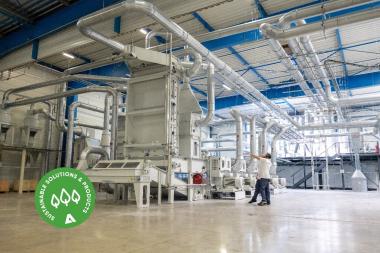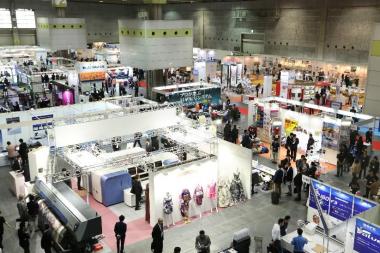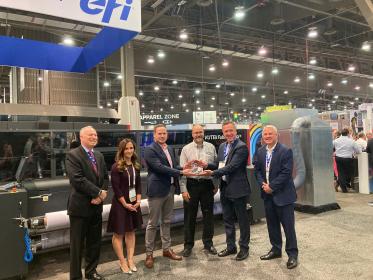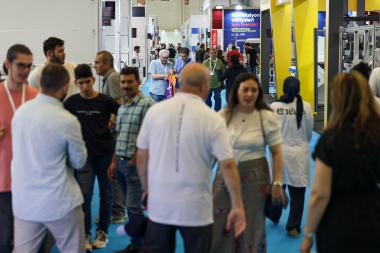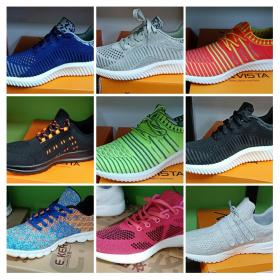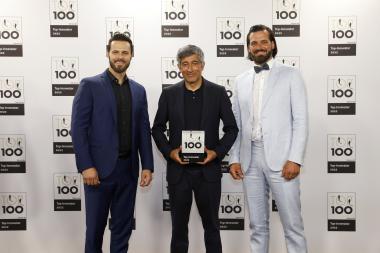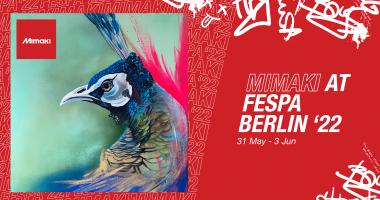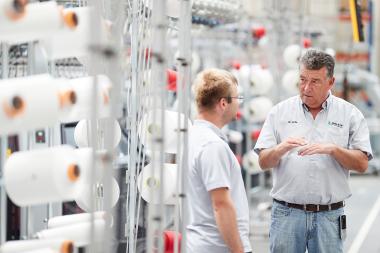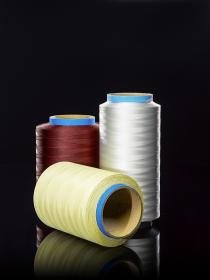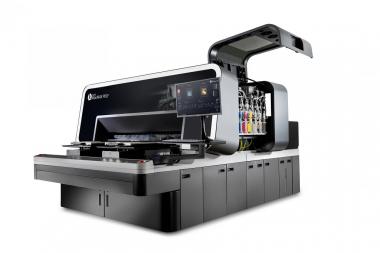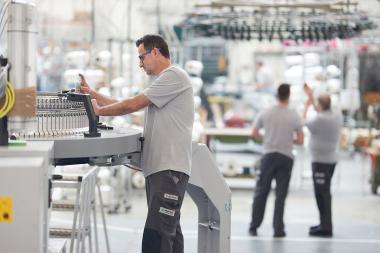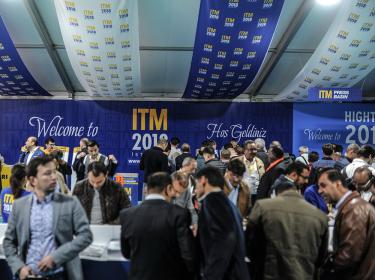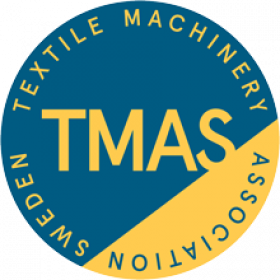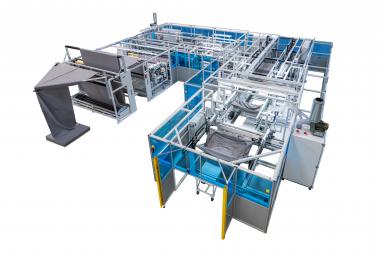Renaissance Textile starts up the first textile recycling line by ANDRITZ in France
Renaissance Textile in Laval, France has successfully started up a complete textile recycling line, delivered, installed, and commissioned by ANDRITZ Laroche, part of the international technology group ANDRITZ.
The ANDRITZ textile recycling equipment enabled Renaissance Textile to become the first French recycling platform dedicated to industrial end-of-life textiles. The project aims to produce new fibers from the collected post-consumer apparel, which will be used to weave new recycled fabrics in the end.
The new 12,000 m² plant is equipped with a complete tearing line whose design is the result of close collaboration between R&D specialists from ANDRITZ Laroche and Renaissance Textile, as well as customized trials carried out jointly by the two parties at the ANDRITZ technical center in Cours, France.
The new clothing produced based on this type of circular economy model thus reflects the social and sustainability commitments of Renaissance Textile in terms of decarbonizing the textile industry, the fight against global warming, autonomy in raw material sourcing, and promotion of local staffing, particularly for people who have been unemployed for a long time or are seeking to enter the labor market for the first time. By 2025, for example, Renaissance Textile plans to create no less than 110 direct jobs.
ANDRITZ AG


